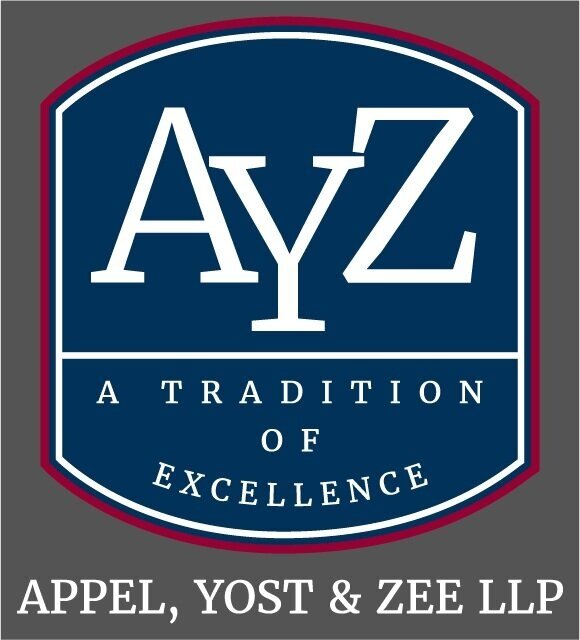New Title IX Regulations - Schools Must Comply by August 1, 2024
April 19, 2024
By William J. Zee
The United States Department of Education (ED) has released its final rule overhauling Title IX. Schools will need to initiate steps to ensure proper implementation to the revised regulations prior to the start of the 2024-2025 academic year. Schools have until August 1, 2024 to comply with the new requirements.
Title IX of the Education Amendments of 1972 prohibits sex discrimination in education programs and activities that receive Federal financial assistance. Title IX obligates all recipients to comply with Title IX and the Department's Title IX regulations, with some limited exceptions set out in the statute and regulations.
In a statement ushering in the new regulations, Education Secretary Miguel Cardona stated that “[f]or more than 50 years, Title IX has promised an equal opportunity to learn and thrive in our nation’s schools free from sex discrimination…These final regulations build on the legacy of Title IX by clarifying that all our nation’s students can access schools that are safe, welcoming and respect their rights.”
The new regulations, are similar to those proposed in June 2022. The regulations make substantial changes to how educational entities must respond to reports of sexual harassment and assault and expand protections for LGBTQ+ and pregnant students.
The newly adopted Title IX regulations provide that:
• All schools must treat complainants and respondents equitably.
• Title IX Coordinators, investigators, decisionmakers, and facilitators of an informal resolution process must not have a conflict of interest or bias for or against complainants or respondents generally or an individual complainant or respondent.
• A school’s grievance procedures must include a presumption that the respondent is not responsible for the alleged sex discrimination until a determination is made at the conclusion of the school’s grievance procedures.
• A school’s grievance procedures must require adequate notice to the parties of the allegations, dismissal, delays, meetings, proceedings, and determinations.
• A school’s grievance procedures must give the parties an equal opportunity to present and access relevant and not otherwise impermissible evidence, as well as provide a reasonable opportunity for each party to respond to that evidence.
• The school’s decisionmakers must objectively evaluate each party’s relevant and not otherwise impermissible evidence.
• A school must have a process enabling the decisionmaker to assess a party’s or witness’s credibility when credibility is in dispute and relevant. For sex-based harassment complaints involving a student party at a postsecondary institution, this process must include either: questioning by the investigator or decisionmaker during individual meetings with a party or witness (including questions proposed by each party), or questioning by the decisionmaker during a live hearing (including questions proposed by each party and asked by the decisionmaker or the party’s advisor).
• In evaluating the parties’ evidence, a school must use the preponderance of the evidence standard of proof unless the school uses the clear and convincing evidence standard in all other comparable proceedings, including proceedings relating to other discrimination complaints, in which case the school may use that standard in determining whether sex discrimination occurred.
• A school must not impose disciplinary sanctions under Title IX on any person unless it determines at the conclusion of grievance procedures that sex discrimination for which the person was responsible has occurred.
The new regulations replace the Trump administration’s Title IX rule issued in May 2020, which overturned a multitude of guidance documents issued during the Obama administration. The Biden administration initiated the process of issuing new regulations in the spring of 2021. The final rule was initially expected in May 2023, but was delayed to October and then again to March 2024.
The new regulations are likely to lead to increased enforcement actions. The current definition of Title IX “sexual harassment” is conduct that is deemed “severe, pervasive, and objectively offensive.” However, the new regulations lower the standard to conduct deemed to be “sufficiently severe or pervasive.” The broader standard is very likely to result in an increase in reporting of incidents subject to investigation. In addition, the new rule clarifies that the Title IX protects individuals from discrimination based on sexual orientation and gender identity, and extends new protections to students and employees who are pregnant or parenting.
A major criticism of the prior regulations was the mandate that all educational institutions, regardless of level, not employ a “single investigator” model. However, the new regulations offer greater flexibility to schools to determine what type of investigation and adjudication process to utilize. To assist K-12 schools and postsecondary institutions with compliance efforts, ED is sharing resources for drafting policies and creating model procedures.
The Education Law Group is well-versed in Title IX, and offers a variety of services including training, policy guidance, and investigations. Should you have any questions regarding the Title IX Regulations, please do not hesitate to contact William Zee or any of the attorneys in the Appel, Yost & Zee Education Law Group.
